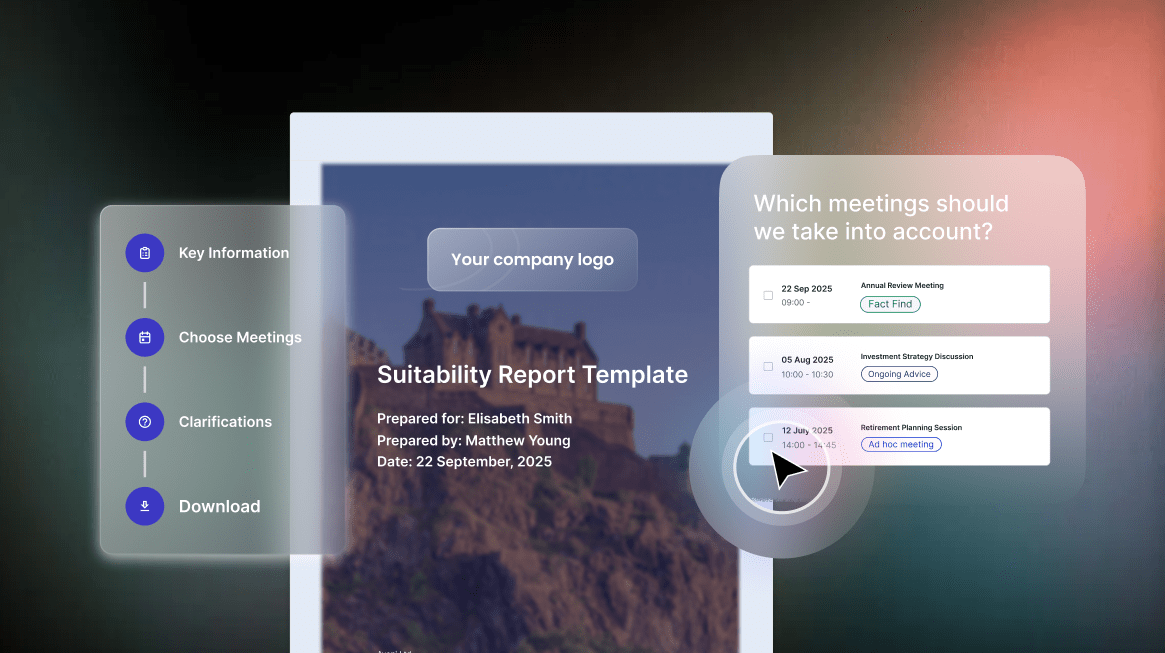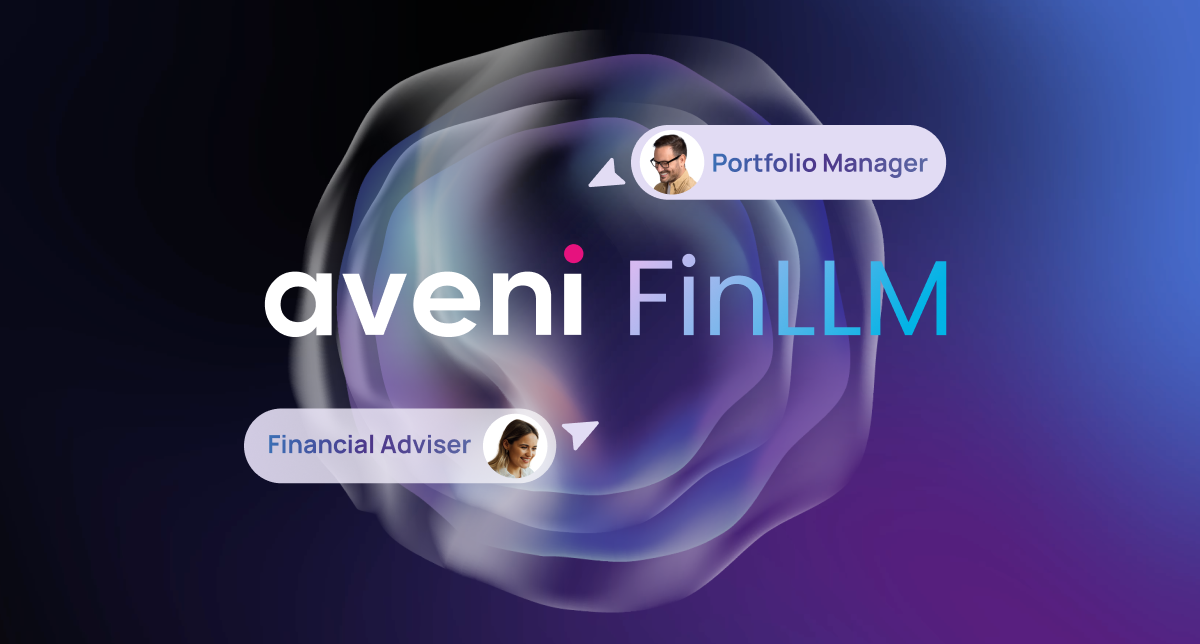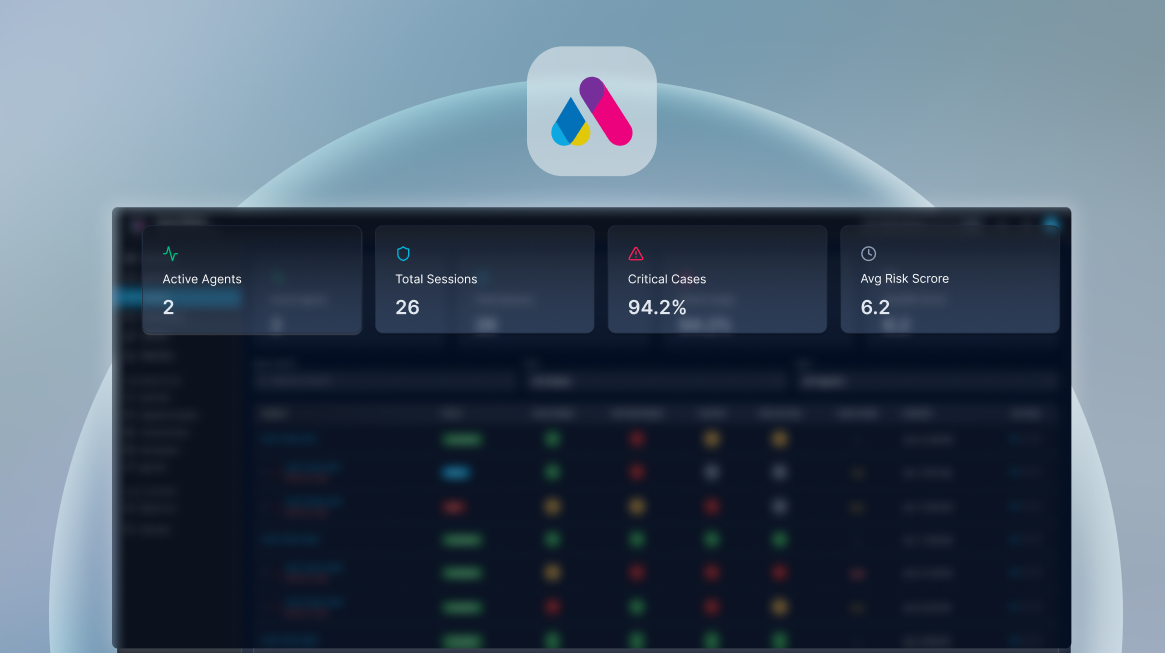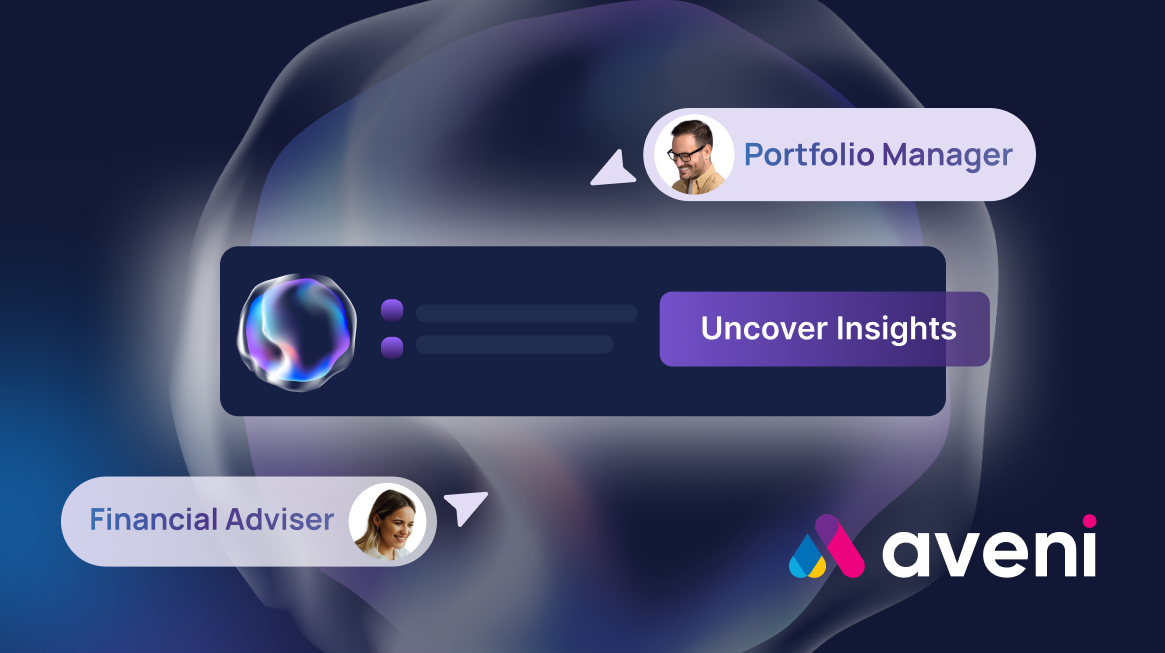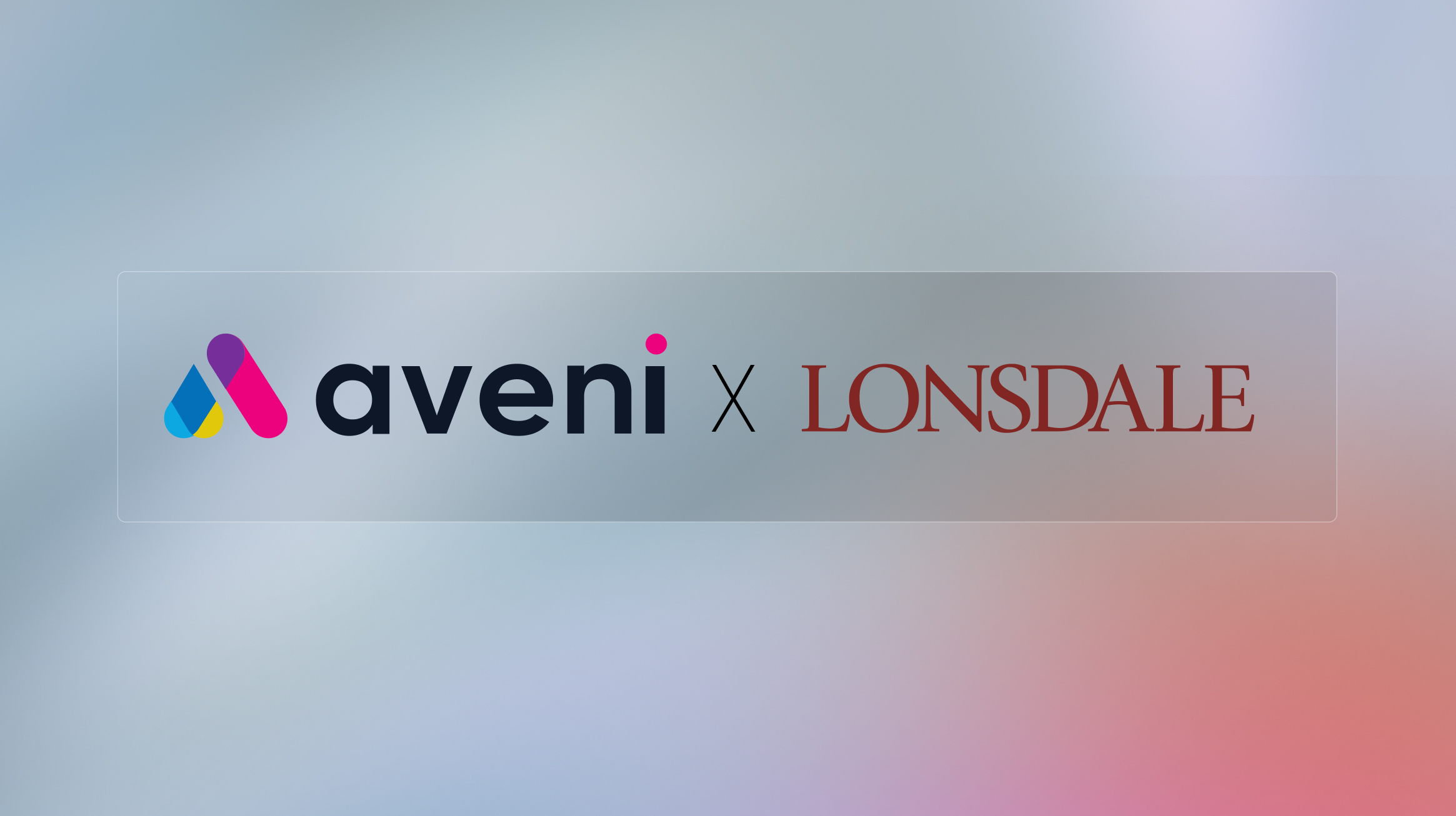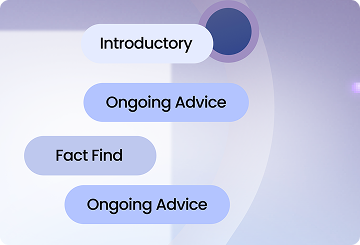Gartner predicts organisations will use task-specific AI models three times more than general-purpose LLMs by 2027 (AI Magazine). For financial services firms, this shift represents the difference between AI pilots that stall and deployments that deliver measurable returns.
The driver is simple: accuracy. When business workflows demand precision, general-purpose tools fall short. By 2027, organisations will implement small, task-specific AI models at a rate three times higher than general-purpose large language models, driven by the need for greater accuracy in specialist domains (Gartner).
This matters particularly for financial services. You can’t afford errors when every client interaction carries regulatory scrutiny, fiduciary duty, and reputational risk. Other industries might tolerate the occasional AI mistake. Financial services cannot.
Why General AI Can’t Handle Financial Services
General-purpose AI models work well for broad tasks. But they struggle with specialist domains.
Think about what happens when a general AI encounters “pension transfer” or “suitability assessment”. It understands the words. It doesn’t understand FCA regulations, Consumer Duty requirements, or your firm’s compliance framework.
“The variety of tasks in business workflows and the need for greater accuracy are driving the shift towards specialised models fine-tuned on specific functions or domain data,” said Sumit Agarwal, VP Analyst at Gartner.
Here’s what that means in practice:
A model that occasionally misinterprets FCA guidance creates audit exposure across hundreds of client files. General models trained on internet text lack the vocabulary precision needed for pension schemes, investment platforms, and advice processes. And unlike consumer applications where errors are inconvenient, financial services mistakes trigger regulatory action.
The risk tolerance is zero.
→ Discover how Aveni’s domain-specific models outperform general LLMs for financial advice
The Economics Make Sense
Task-specific models respond faster and use less computing power. That reduces costs.
Here’s the comparison. General-purpose models need massive computing resources for every query. They require complex instructions to add context. You’ll spend time testing to reduce errors. And you’ll need ongoing monitoring for accuracy.
Task-specific models trained on financial services data work differently. They deliver responses faster and more accurately whilst consuming fewer resources.
The numbers tell the story. Leading firms report 75% time savings on administrative tasks. A 200-adviser network reduced average report creation time from 105 minutes to 15 minutes, generating annual savings of 15,000 hours and approximately £450,000.
That’s measurable ROI.
How It Works: RAG and Fine-Tuning Explained
Two approaches let you customise AI for financial services: retrieval-augmented generation (RAG) and fine-tuning.
Retrieval-Augmented Generation (RAG)
RAG works like this. The system stores your compliance manuals, fact-find templates, and suitability frameworks in a searchable database. When someone asks a question, the AI retrieves relevant information from your documents and uses that context to generate accurate responses.
What does this mean for your firm?
Your compliance manuals become part of the AI’s working knowledge. Client fact-find templates inform how the AI structures information. Your suitability report frameworks guide how recommendations are documented. FCA updates become immediately available without retraining the model.
Fine-Tuning
Fine-tuning goes deeper. It adjusts the model’s core understanding to match financial services workflows.
A fine-tuned model learns to recognise pension scheme terminology and regulatory requirements. It structures suitability reports according to COBS 9.4 standards. It identifies vulnerable customer indicators in conversation transcripts. And it generates compliant client communications in your firm’s tone.
Extensive benchmarking shows purpose-built financial services models consistently outperform general-purpose tools on tasks that matter to advisers.
Your Firm’s Data Sets You Apart
Here’s where Gartner’s prediction gets interesting for strategy.
“As enterprises increasingly recognise the value of their private data and insights derived from their specialised processes, they are likely to begin monetising their models and offering access to these resources to a broader audience, including their customers and even competitors,” said Agarwal.
Your firm’s conversations, compliance frameworks, and client interactions represent proprietary data. General-purpose models will never access it. This creates three advantages:
- Process expertise becomes algorithmic. Your firm’s approach to complex pension transfers or vulnerability identification gets encoded into AI that new advisers can use from day one.
- Compliance frameworks scale instantly. Update your suitability report template once. Every adviser benefits immediately. No training sessions required.
- Client experience improves consistently. Train models on your successful client interactions. Create consistency across your network that competitors using generic tools cannot match.
All in all, this means your data needs proper preparation, quality checks, and management to work effectively with AI models.
→ See how your firm’s data becomes your AI competitive advantage
What Monetisation Really Means
Gartner talks about enterprises monetising their models. For financial services, this doesn’t mean selling your AI to competitors.
Instead, think about it like this:
Large advice networks that build task-specific models become more attractive acquisition targets. Firms with specialised AI capabilities become preferred partners for financial product providers. And organisations demonstrating effective AI governance may influence how regulators approach oversight.
The strategic point is simple. Firms that invest now in task-specific AI trained on their processes are building assets that compound in value. Those waiting for general-purpose models to improve will find themselves licensing someone else’s expertise.
Three Signals You Need Task-Specific AI Now
Based on Gartner’s research and our work with UK financial services firms, here’s when to act:
1. Your Compliance Requirements Exceed What Generic Tools Can Deliver
If your team spends hours writing detailed instructions to make general AI comply with FCA requirements, you need a model trained specifically on financial services regulations.
Gartner recommends implementing specialist models in areas where business context is crucial or where general tools haven’t met expectations.
2. Your Data Volume Makes Manual Review Impossible
Financial advisers spend 22 hours a week on admin (Prialto). That’s 41.4% of a typical workweek.
If your advisers are drowning in post-meeting documentation, suitability reports, or compliance checking, task-specific AI delivers immediate returns.
3. Your AI Pilots Haven’t Scaled
Gartner predicts that by the end of 2025, at least 30% of AI projects will be abandoned after proof of concept. Poor data quality, rising costs, or unclear business value kill them.
If your pilots show promise but haven’t reached production, the problem is likely that general-purpose tools require too much adaptation. Task-specific models scale more readily.
→ Explore Aveni’s approach to task-specific AI in regulated environments
How to Implement Successfully
Gartner recommends starting where business context matters most. For complex workflows, consider using multiple models together.
For financial services firms, successful implementation follows four steps:
- Start with high-volume tasks. Suitability report generation, meeting notes, or compliance checking provide clear success metrics.
- Use your own data. Your compliance manuals, template libraries, and (anonymised) client transcripts become the training foundation.
- Integrate with existing systems. Task-specific models work alongside your CRM and back-office platforms. No wholesale replacement required.
- Measure specific outcomes. Time saved per report, compliance exception rates, and adviser productivity provide concrete validation.
Why Waiting Costs You
The window for competitive advantage is now.
Firms deploying task-specific AI today are training on proprietary processes that become harder to replicate over time. They’re establishing governance frameworks that position them favourably with regulators. They’re creating adoption patterns that accelerate when new capabilities emerge. And they’re generating returns that fund further investment.
General-purpose AI will keep improving. But for financial services, where regulatory precision and domain complexity are non-negotiable, task-specific models represent the path to AI that actually works at scale.
Key Takeaways
| Gartner Finding | What It Means for You |
| 3x usage increase for task-specific models by 2027 | Delaying investment means competitive disadvantage as peers capture productivity gains |
| General AI accuracy declines for specialist tasks | Financial services needs purpose-built models, not prompt-engineered workarounds |
| Task-specific models reduce costs | Measurable ROI through faster responses, lower compute costs, fewer compliance exceptions |
| RAG and fine-tuning enable customisation | Your processes and data become algorithmic assets that scale across your network |
| Enterprises will monetise specialist models | Proprietary AI creates strategic value beyond immediate productivity gains |
The shift is already underway. Some firms will lead it. Others will play catch-up.
See how Aveni works in practice. Book a demo to discover how domain-specific AI delivers measurable results in regulated environments.

